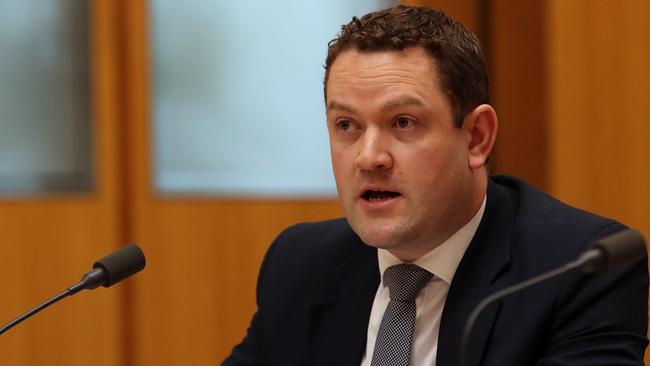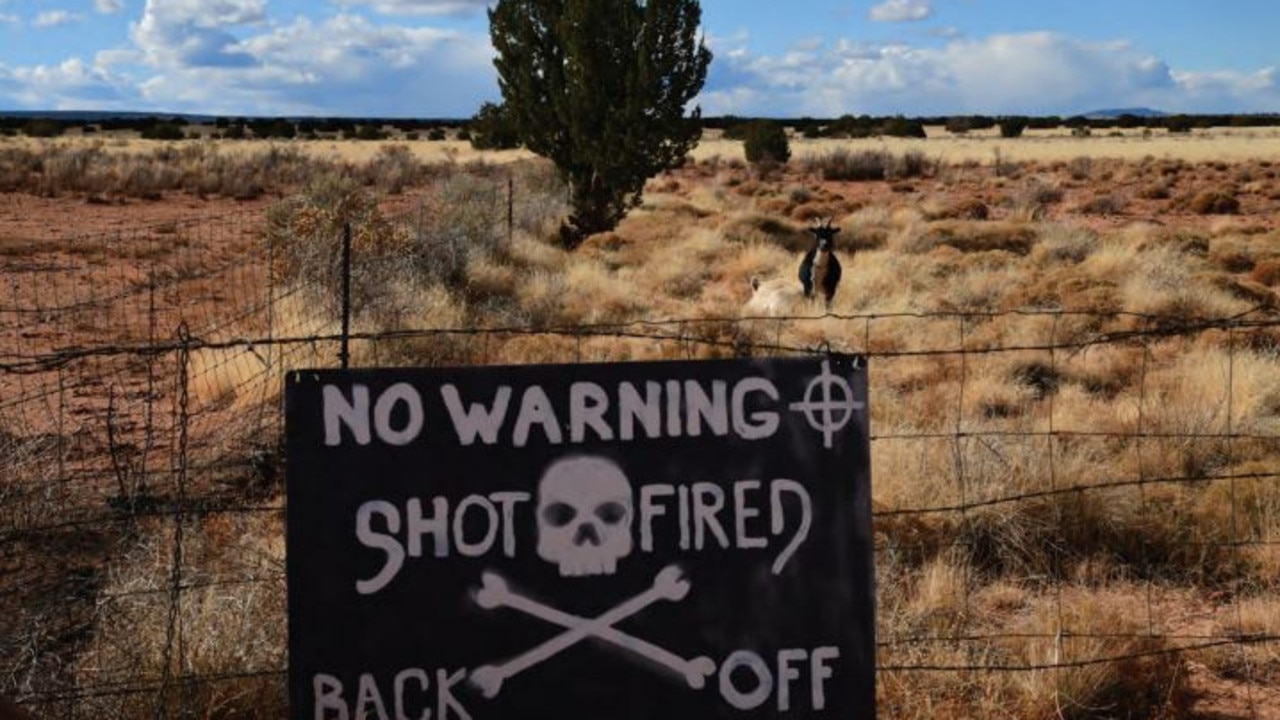Spies in suits: Australia’s shocking national security threat
A bombshell landmark report has warned of a greater foreign threat to Australia’s national security than terror attacks.

Crime in Focus
Don't miss out on the headlines from Crime in Focus. Followed categories will be added to My News.
Spies in suits infiltrating business conferences are now a bigger threat to Australia’s national security than terror attacks, a landmark report has warned.
The bombshell 32-page document also reveals concerns about how foreign ownership of power, phone and food supply companies could put the country back into the dark ages within minutes.
The Department of Home Affairs will on Wednesday release details of the major threats to national security in its first Critical Infrastructure Annual Risk Review.
“Espionage and foreign interference have supplanted terrorism as ASIO’s principal national security concern,” the report states.
“Even a small level of activity can have severe consequences which take years to be addressed.”
The report notes, however, that “the terrorist threat is not extinguished, and an attack remains possible.”

Multiple sources, independent of the Department of Home Affairs, have confirmed that Chinese and Russian governments are targeting Australia.
The infiltration includes sending spies to our universities and business events, as well as industrial scale cyber attacks on corporations and government tech.
Department of Home Affairs deputy secretary of Cyber and Infrastructure Security Hamish Hansford said some major companies were already working with the Department to provide tip offs about suspicious activity through its Trusted Information Sharing Network.
But he said the report was designed to make companies across the entire supply chain aware of the risks and their obligations.
Mr Hansford warned there were groups actively targeting people with key security information such as workers at ports across the country.
Sometimes people unwittingly disclose crucial information, he added.
“People need to be wary about the information they are sharing publicly,” he said.

Academics and business executives have provided a how-to guide to recruit attractive targets through the information they share on social media.
“LinkedIn remains a cost-effective and rich source of targeting for foreign contact,” the report states.
“Over 2023, there have been several high-profile cases in Australia and overseas of business travellers being approached and ultimately recruited to provide information to foreign states.”
The report warns that there were risks linked to Australian electricity and gas companies.
“Foreign ownership in Australia’s energy generation and transmission may be subject to interference from foreign adversaries, using access or coercion to cause disruptions,” it said.
Shutting down communications has now become a part of modern warfare, with Russian authorities cutting phone lines and internet before invading Kyiv in 2022.
The report warned that international ownership of internet providers risked foreign governments “using access or coercion to gain access to networks or to transmitted and stored data.”





